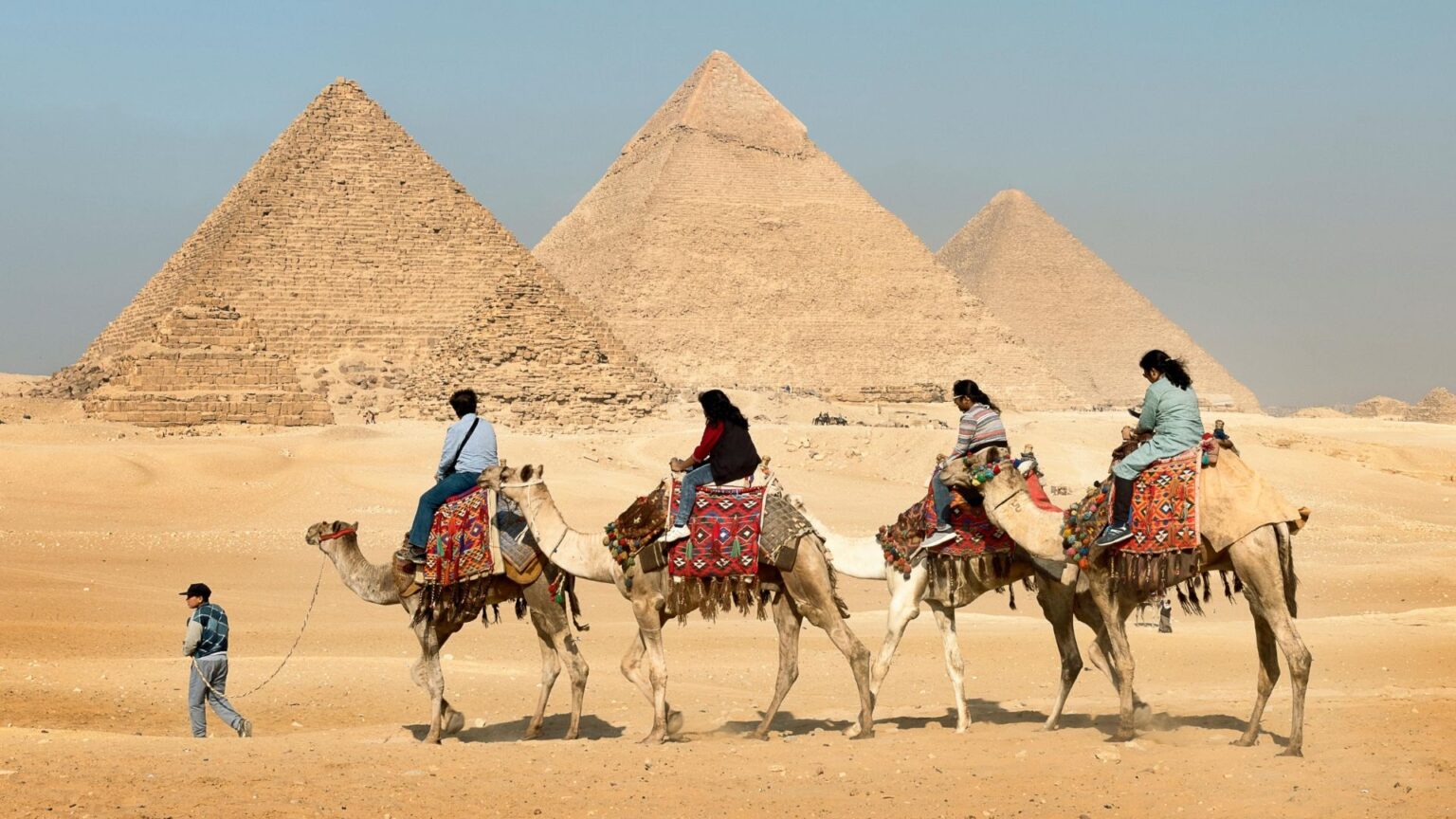Egypt is known for its ancient wonders and rich history. The Pyramids of Giza, the Great Sphinx, and the Nile River evoke mystery and disbelief. It has a vibrant culture and cuisine, as well as many important contributions to the arts. But, what makes its cultural significance truly unique is that it is both an African and Arab country.
If you have ever been unclear on whether Egypt is an African or Arab country, you’re not alone! In fact, many people are uncertain about just this. The real answer is: it is both and here’s how.
Geographically, Egypt is located in the northeastern corner of Africa. The majority of its landmass is firmly on the African continent, with the Sinai Peninsula stretching into Asia. Its African roots are undeniable — from the Sahara Desert to the Nile that has shaped the lives and cultures along its banks for thousands of years. However, it also as strong cultural ties to the Middle East.
Egypt is also an Arab country. The official language is Arabic, and it’s a member of the Arab League. Culturally, Egypt has long been a leader in the Arab world through Egyptian cinema, music, and literature, all of which have influenced generations across the Middle East and North Africa.
This dual identity is part of what makes Egypt so unique. It has deep ties to African nations through history, trade, and geography, while also sharing religion, language, and cultural traditions with the Arab world. Egyptians themselves often embrace both identities — proud of their African heritage and their role in Arab culture.
Understanding Egypt means recognizing that it doesn’t have to choose between being African or Arab — it’s fully both. And that blend has created a vibrant society where different histories, languages, and traditions come together in fascinating ways. So whether you’re walking through the markets of Cairo or sailing down the Nile in Aswan, you’re experiencing a culture shaped by the rhythms of two great worlds.




